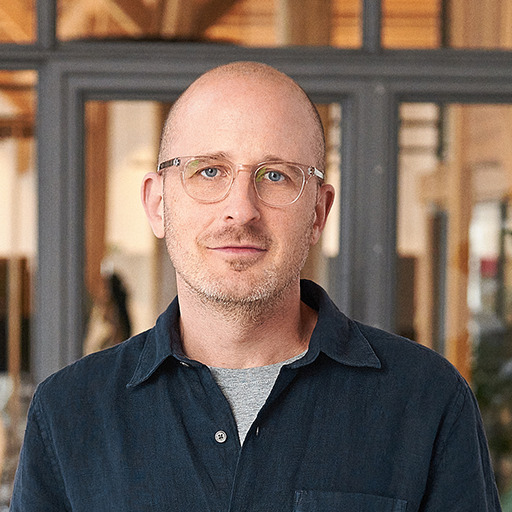Planday's Dave Lee on bridging the gap between retention and mental health

Following the publication of The Shift Towards Retention in partnership with The Burnt Chef Project at HRC 2024, Planday has announced the launch of the #thesinglebiggestshift campaign, encouraging hospitality owners and operators to move away from last minute rotas and towards more conscious scheduling.
HRC caught up with the company’s CEO, Dave Lee, at the show to discuss what more the industry can do to improve work/life balance for hospitality teams and the importance of improving mental health in the industry.
“Staff shortages are one of the most pressing challenges that the hospitality industry is faced with,” says Lee. “And so, keeping good staff is your biggest survival tactic. The question of retention has to be tackled sooner rather than later as it impacts on every part of a hospitality business, from the service customers receive to a venue’s ability to operate effectively.”
Earlier this year, Planday released a report entitled ‘The Shift Towards Retention’, which found that 61% of UK hospitality businesses have a staff shortage, leaving 40% in a situation where they have had to reduce their opening hours.
Is there a connection between retention challenges and a new generation entering the workforce, HRC asks.
“Most people in the industry, regardless of age group, would recommend it as a career choice,” says Lee. “But there are barriers to entry that we need to overcome: the perceived low pay, unstable or unsure hours and unclear career progression. Gen Z places a huge emphasis on wellbeing, they are not going to sign up to the old-fashioned “work 70 hours a week” mindset.”
Questions around mental health and retention can be linked directly to the uncertainty and lack of predictability around hospitality shifts, with Planday’s report finding that 52% of those surveyed said that irregular shift patterns caused them stress and affected their mental health.
“We’re getting better, as a society and as an industry, at discussing mental health,” comments Lee. “Especially as Gen Z becomes a more dominant force in the workplace. But we’ve still got leaps and bounds to go. Research has shown 4 out of 5 in the industry have reported having had a mental health issue at least once during their career.
“Business needs still tend to come before the human, which is a tough issue to solve. You’ve got to make ends meet. But more and more, we’re hearing how people are taking account of their staff’s lives when asking them to work.”
Lee believes that as an industry, hospitality could be doing more to plan ahead and provide visibility in working patterns, with even a change from planning a week or two ahead to more than 22 days ahead having tangible benefits for hospitality teams and businesses.
“As you might have seen, the single biggest shift employers can make is simple,” he explains. “Planning schedules weeks ahead, instead of days, has a massive positive impact on everyone. It provides work/life balance, visibility into schedules, pay and more.
“Technology platforms, like Planday, make it easy to put all this into action. How? Through simple, out-of-the-box tools, like setting rules to follow legal and conscientious guidelines (like giving staff two consecutive days off), creating scheduling templates and allowing team members to influence their own working patterns. Technology takes rota scheduling from being a chore and turns it into a demonstrable platform for change in your team’s life.”
Kris Hall, Founder and CEO of The Burnt Chef Project, who are partnering with Planday for the initiative, concludes: “It’s no surprise that work/life balance and rota management feature highly on the top things that employees want to see from their workplace. This report issued in conjunction with Planday further confirms that mental health is being impacted by a lack of work/life balance, long hours and below-par communication.
“This is exacerbated by the skill gap shortage caused by high turnover leaving new managers with little time to develop skill sets around culture, performance, retention, career progression and advanced rota management to support their teams.
“We don’t believe in a blame culture for hospitality, but it does raise some interesting questions about what we need to do as an industry to create a healthy work environment that celebrates work/life balance, the importance of giving teams an opportunity to plan their life in advance with effective rota management and, ultimately, recognising the importance of health and wellbeing as one of the key components to a profitable and sustainable business model.”
Hospitality operators can find out more about the #thebiggestsingleshift campaign and join the movement by visiting www.thesinglebiggestshift.com.
)
)
)
)
)
)
)
)
)
)
)
)
)
)
)
)
)
)
)
)
)
)
)
)
)
)
)
)
)
)
)
)
)
)
)
)
)
)
)
)
)
)
)
)
)
)
)
)
)
)
)
)

)
)
)
)
)